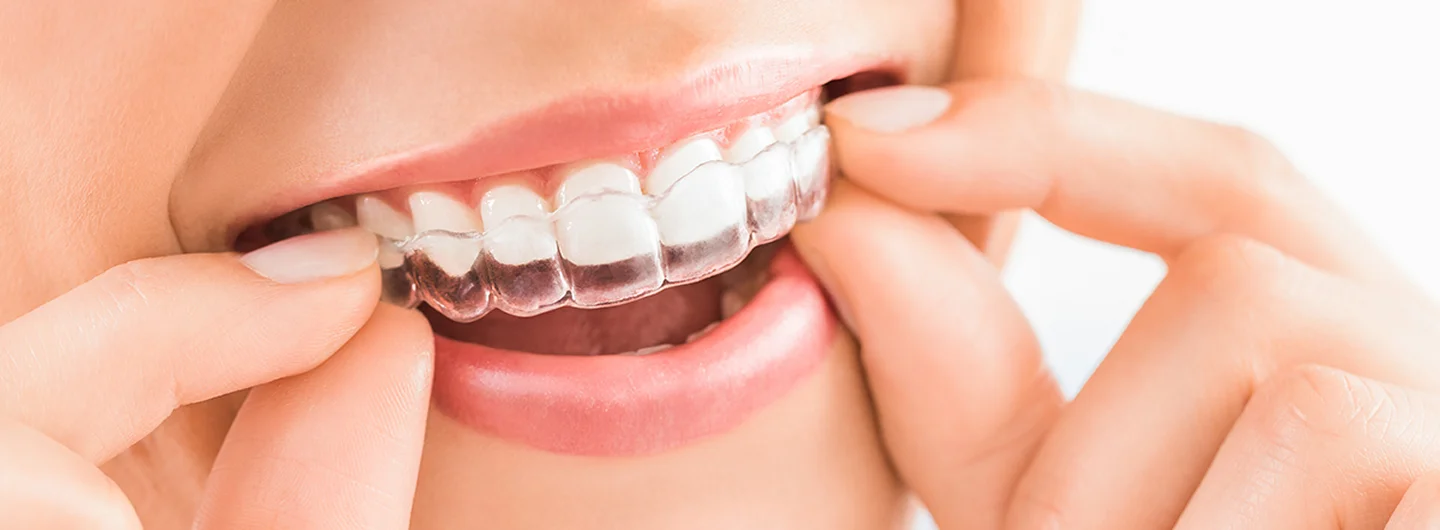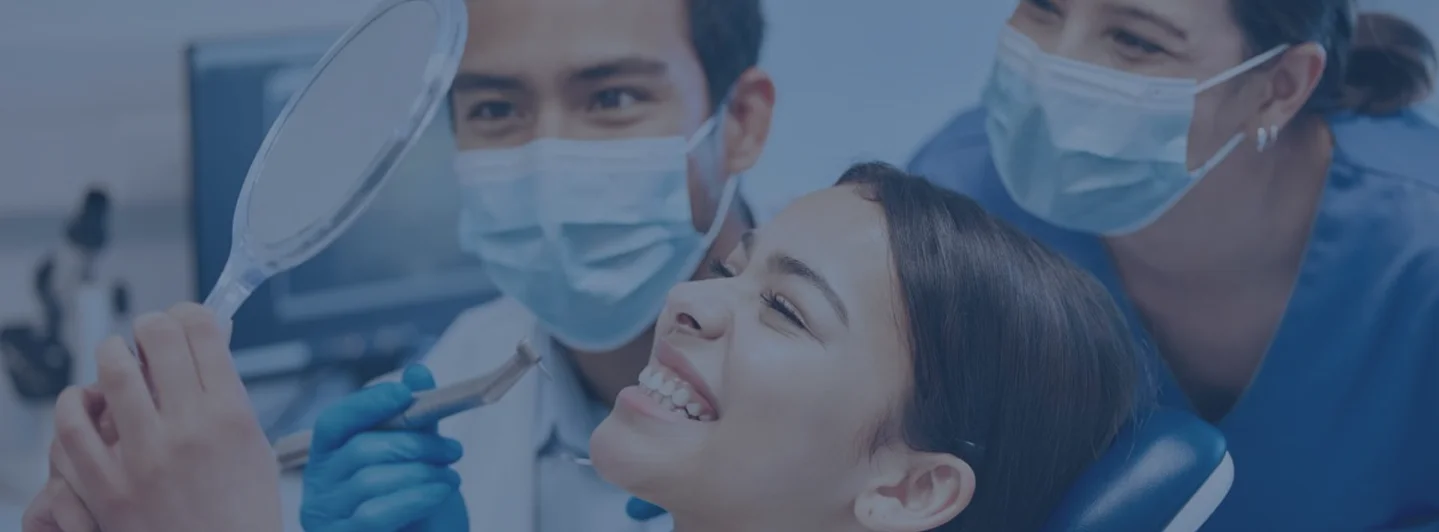Immediate, soothing care to calm discomfort and preserve the integrity of your smile.
Palliative treatment refers to the relief of dental issues in cases where patients are experiencing advanced diseases such as cancer. This also applies to dental emergencies in patients who are in end of life or hospice care. It also involves the prevention of further damage to teeth using a number of approaches. Palliative treatment can also mean treating an infection, and symptom relief during more serious incidents. We recommend this treatment for patients experiencing severe and persistent tooth pain, swelling of the face or jaw, bleeding from the gums that will not stop, trauma to the teeth or gums, or the persistent dry mouth that accompanies radiation or chemotherapy. Moreover, palliative treatment does not solve the underlying dental issue, but only provides immediate relief.
Some of the ways to obtain relief through this type of care include topical or injection-based anesthetics, the recementing of crowns or fillings, temporary restorations, antibiotics, anti-fungal medications for cases of oral thrush, and tooth extractions. These conditions may be the result of side effects from serious illnesses, and their treatment can help to alleviate an already unpleasant situation. The mouth sores or inflammation that accompany chemotherapy is called mucositis, which can get in the way of eating, swallowing normally or even talking. Cancer patients or people with immune disorders sometimes suffer from oral thrush, which cause itching and burning sensations that will interfere with eating and drinking.
Another complication that may trigger palliative care procedures involves the cavities and tooth decay that are common to patients with severe and terminal diseases including cancer. Radiation treatments can sometimes induce cavities. The higher the dose of radiation, the higher the chances of tooth decay. We recommend preventive steps such as regular brushing with a soft toothbrush and flossing. To avoid the resultant dry mouth, sipping water throughout the day, chewing sugar-free gum as a stimulant to salivary glands, and the use of artificial saliva are all recommended. There may be other treatments available – please schedule a consultation with our staff to discuss alternative treatment plans.

